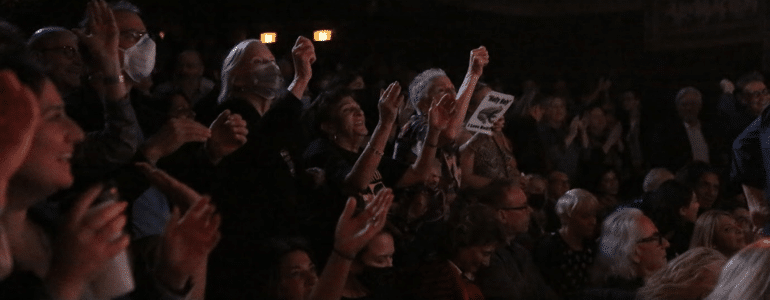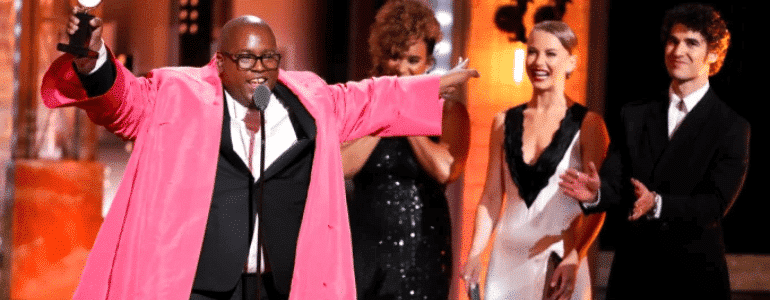What we learned in kindergarten is now the new economy.
The first lesson I learned from Mrs. Beasley, my Kindergarten teacher, was to share.
It wasn’t easy, but I did it. And when I shared, people shared with me. And we both were happy.
Fast forward 35 years.
Last week, I bought something on eBay. Later I took an Uber to a meeting. And then I rented a vacation apartment on Airbnb.
What do all of these things have in common? These companies are all part of what is commonly referred to as The Sharing Economy. You know, where people connect with other people, through an intermediary website or app, circumventing the traditional provider.
Or put it this way. If The Sharing Economy had a tag line it would be: “I have stuff. You need stuff. Who needs a store?”
There are a whole bunch of other companies that serve this new economy, from housing rental site VRBO to car-sharing site Carpingo, and yeah, like it or not, StubHub, where people (and often brokers) resell tickets they have that they no longer need (or that they want to make some money on). This economy offers the consumer multiple choices where they used to have one.
And it’s one of the greatest examples of the internet at work – connecting people with common interests and leaving them both very satisfied.
While this economy has given consumers a new found confidence and a new found power, a bunch of businesses and entire industries have suffered as a result. I don’t feel too badly for ’em, because most of the those that suffered (hotels, taxis, etc.) are those who thought they were safe because they had a monopoly, and for years they got away with mediocre service (which reminds of my favorite business lesson – if ever you think you are safe, that’s when you’re not).
All that said, I can’t help but think . . . will The Sharing Economy hit our shores? And how?
Obviously tickets sold on StubHub are an example of this economy at work (and we have taken a hit as a result – it took us a few years to get our premium pricing in place to combat what StubHub did so well), but could there be other examples of sharing in the theater? And could we use some to our advantage instead of letting consumers take advantage of us?
What if regional theaters had subscription sharing? What about investment pooling? Scenery sharing? (We’ve seen some examples of that with co-pros after 2008.) Focus group results-sharing?
Sharing is here to stay, and as usual, we’re about ten years behind other industries. But we don’t have to be.
Why don’t you share your ideas on how we can better our experience for our consumers in the comments below? And let’s see if we do Mrs. Beasley proud.
(Got a comment? I love ‘em, so comment below! Email Subscribers, click here then scroll down to say what’s on your mind!)
– – – – –
FUN STUFF:
– 3 days left to enter our Songwriting Contest for a chance to win $500! Click here to enter.
– Win 2 tickets to The Visit on Broadway! Click here.
– Listen to Podcast Episode #12 with Broadway General Manager Wendy Orshan. Click here.
Podcasting
Ken created one of the first Broadway podcasts, recording over 250 episodes over 7 years. It features interviews with A-listers in the theater about how they “made it”, including 2 Pulitzer Prize Winners, 7 Academy Award Winners and 76 Tony Award winners. Notable guests include Pasek & Paul, Kenny Leon, Lynn Ahrens and more.













